Ancient Rome was a multi-ethnic society with a large population that required a broad spectrum of jobs to sustain its economy. Choosing their career was not always an option for the general people.
However, it was possible for people with higher status or inherited roles. Prestigious professions, military leadership, and political administration were reserved for the Roman upper class, whereas the ordinary people were involved in various jobs.
The roman empire depended on slaves, where over 25% of the empire were slaves, and any wealthy person could keep as many as 500 slaves.
The slaves were controlled such that they had to partake in challenging, unpleasant works of low esteem.
The typical jobs were farming, construction, and domestic services, and educated slaves could work in medicine, teaching, accounting, and artists.
Some jobs, however, were bizarre even to the slaves, and they are listed below:
10. Roman job as Orgy planner
Content
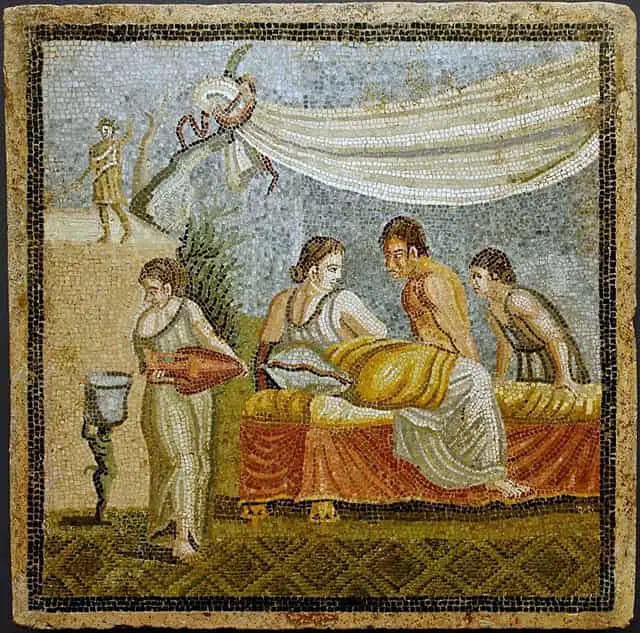
Ancient Rome had a peculiar profession, famously known as, Orgy planners. The planners were responsible for planning the perfect orgies and sex parties where guests freely partake in open and unrestrained sexual activities, including group sex.
They had the authority to select the food, drinks, and music, as well as women. Those women could attend the orgy who were capable of making the event of utmost entertainment for the guests.
However, the planners were despised, especially by the lower class, as they thought the entire event to be unnecessarily luxurious and expensive or simply because they didn’t get an invite themselves.
A famous Orgy Planner– Gaius Petronius Arbiter, wrote a novel, Satyricon, that fictionalized the perversion of the Roman reign.
9. Roman job as Food taster- The Praegustator
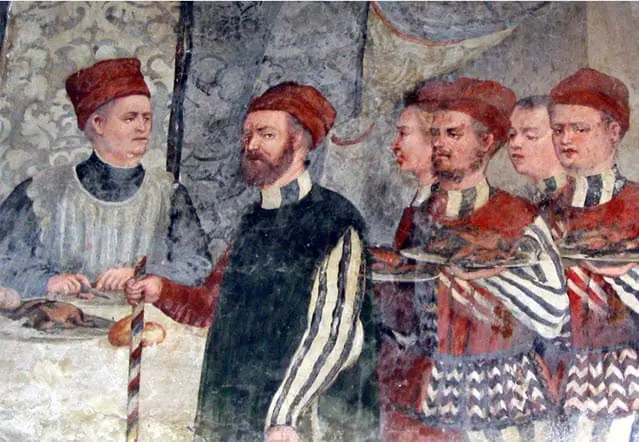
Since 331 BC, poisoning had been a significant public concern in ancient Rome. It came around the same time as the wave of Plague. Therefore, it was practically impossible to determine the cause of death in the post-mortem examinations.
People resorted to poising for many reasons, from removing political rivals and getting the familial inheritance to ending the lives of a cheating husband.
This resulted in the emperors hiring the praegustator- a professional food taster.
In a positive light, the food tasters were privileged to consume delicious delicacies. But they also could be killed by the ones that contained poison.
The bizarre thing is that an imperial poisoner existed under Roman Emperor Nero’s reign.
He employed the skilled poisoner to get rid of his enemies, mainly the emperor Claudius – his son and Britannicus, his half-brother, who were both poisoned by his praegustator.
8. Roman job as Whipping boys
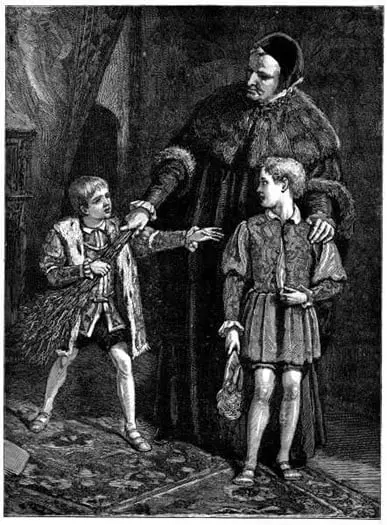
The education of the Royal children faced some difficulty in the 15th century as education was enforced through punishments.
The Divine Right of Kings that stated God and the King’s son appointed the kings was to be punished by no one, but the King brought the tutors into a dilemma.
Hence, as a solution, the appointment of whipping boys was established. Another boy studying with the King’s son appointed by his son would be punished if he misbehaved or did not do his homework.
In return, the whipping boy was granted noble titles and estates for his service once he was an adult.
The idea behind this was the hope of developing a bond between the two, leading to the royal infant behaving and studying well to end the whipping boys’ misery.
7. Roman job of Vestal Virgins
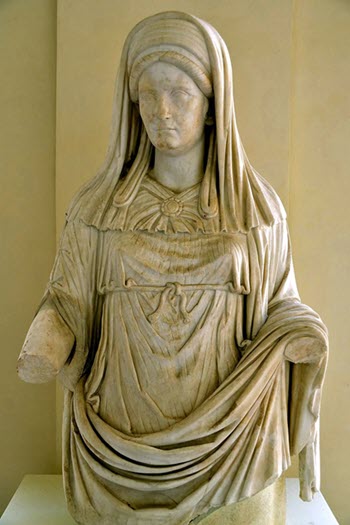
In ancient Rome, the vestals were known to be the priestesses of the Roman goddess Vesta, the goddess of the hearth, and were considered vital to the security of Rome.
In 216 BC, Hannibal slaughtered over seventy thousand Romans, after which most of Rome’s Italian neighbors began to switch sides. Depleted of money and manpower, Rome was forced to loan Hiero II- the King of Syracuse.
It was essential for the Romans that the vestals were virgins. The highly superstitious Romans believed the lousy fortune resulted from displeasing the gods.
They mainly convicted two Vestal Virgins for losing their virginities, and their brutal reaction was walling them alive.
The duty of the vestals was to keep the fire in the temple of Vesta burning. They believed that the failure to do so would lead to chaos in the empire.
The Vestals who broke any other vow, such as letting the temple fire go out, was beaten behind a curtain in the dark.
However, the good in all this was that they were treated fairly well and given special game seats.
6. Strange Roman job of Armpit hair plucker
As vain as the Romans were, Seneca the Younger, the tutor to Emperor Nero, suggested it negligence to one’s self-care not to pluck their armpit hair.
The Romans had to expose their bare bodies to the public crowd during their infamous orgies and public baths. For that, they had to ensure they were well-groomed and not stink of their body odor.
The bathhouses employed several armpit hair pluckers. They would pluck the armpit hairs from the patrons to try and help minimize the body odor. The tweezers were made out of red hot bronze and shaped like sickles.
Although the professionals did not require any previous training, they had to have a solid and firm hand to minimize their pain. The only backside of the job was them having to tolerate the smelly armpits the entire day.
5. Curse tablet scribe
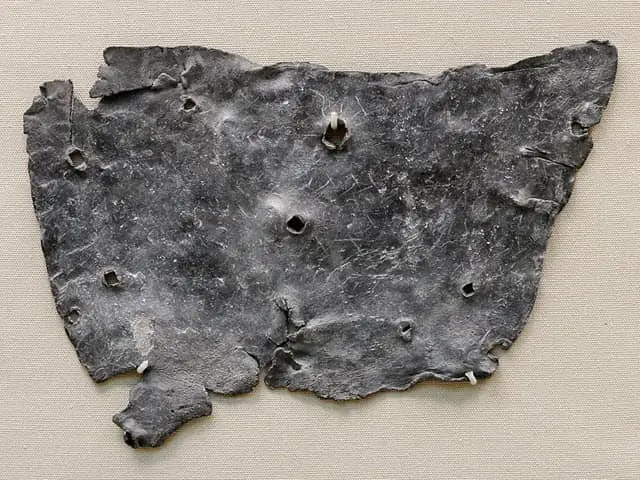
In ancient Rome, asking the gods for help was common if one could not personally take revenge. A curse against their enemies was ordered by the hateful and the superstitious.
The middlemen between the gods and the hateful person were called Curse Tablet Scribes. The entire day they would hear peoples’ complaints of hate for others and the wrongdoings they had endured.
They would take people’s requests for revenge and etch a curse onto a soft lead plate. Those curse tablets were believed to have influential power against the gods.
And they would either be nailed to the wall of temples or rolled up, placed underground in graves, or thrown into wells or lakes.
All manners of cruel punishments consisting of blindness, madness, and hopes of the enemies’ intestines being eaten away would be wished for in those curses.
The treatment done to the material was compared to what should be done to the target of the spell. The curses would be written backward if needed to be extra effective.
In 2013 one of those sheets was discovered in Jerusalem, which appeared to be about a legal case directed at a person called Lennys, which read- “I strike and strike down and nail down the tongue, the eyes, the wrath, the ire, the anger, the procrastination, the opposition of lennys.”
4. Roman job of Name caller- the Nomenclator
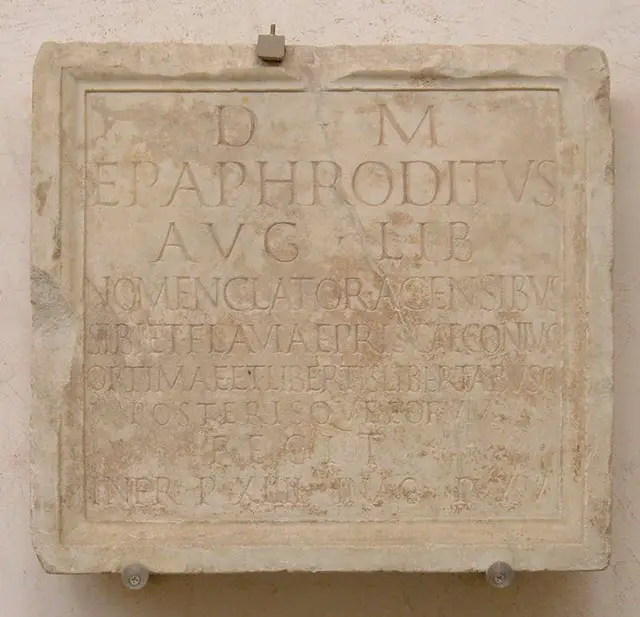
As efficient as the Roman were, they had a backup for not remembering peoples’ names at gatherings and parties, saving themselves from embarrassment.
Slaves and freedmen with good memories were assigned the job of a nomenclator, in Latin translated as “a caller of names.”
When people would approach their masters, the nomenclator would loudly announce the name of whoever would come, saving a deadly social embarrassment.
They would prove their importance not only in parties and festivals but also as a crucial political instrument.
During the ancient Roman elections, candidates would show their faces at games and public forums, canvassing for votes among friends, clients, and dependents.
Those candidates would be accompanied by their respective nomenclator, who prevented any embarrassment for the candidate.
Whenever someone would approach the candidates in a friendly or personal manner, they would ensure the candidate by calling out the approaching person’s name out loud.
3. Fuller
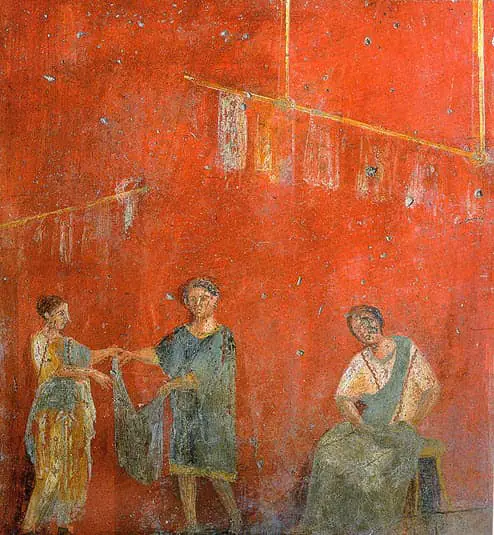
Fulling is the process of cleaning clothes, especially wool, to remove oils, dirt, and other impurities and make them thicker. Ancient Roman times were popular for fulling by making the slaves stand ankle-deep into the urine.
As filthy as it sounds, the practicality of the concept lies in the fact that urine was a source of ammonium salts. It was known as the ‘wash’ that assisted in cleansing and whitening clothes.
The use of urine faded when more sophisticated concepts of water mills came into place. However, during the prime time, as one of the oldest civilizations, the Roman empire even taxed urine.
2. Roman job as Dog whippers
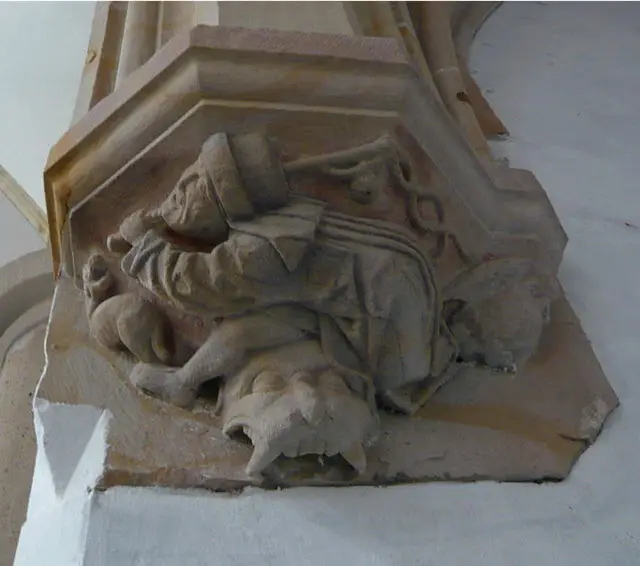
One of the lamest jobs during the Roman era was the profession of dog whippers. They were men who were employed to shoo away dogs from churches and schools.
People’s dogs used to follow them during church processions, but dogs running around and causing scenes were unacceptable.
During times like these, dog whippers were hired where their only job was to chase around the dogs and make sure none of them would be seen in the church’s vicinity.
Along with the whips, they would be given a decent salary, and those who were especially good at their jobs were even granted a slice of land, called the dog acre.
1. Roman job of the Urine tax collector
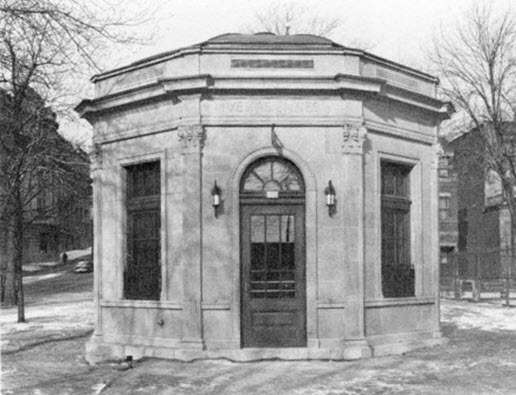
As introduced by emperor Nero, the urine tax was subsequently taken upon by his son, Titus. Urine was widely used in various chemical processes such as extracting ammonia to clean and whiten clothes, soaking animal skin before tanning, and even using it as toothpaste.
The urine would be summoned from public toilets and cesspools. When the finances of the Roman empire had been crippled after nearly two years of civil war, Vespasian inherited the empire and left his successor with a profit through the urine tax collection from the urine gathered at public restrooms.
When Titus- Vespasian’s son, blamed his father for applying the tax on urine, he held a piece of gold coin procured from the tax against his nose and replied, “money does not stink.”
Conclusion
Historians have appreciated the Roman empire for its sophistication which can be only more backed up by the food tasters, knocker-ups, armpit hair pluckers, nomenclators, and orgy planners.
However, at the same time, it is hard to ignore the superstitious and gruesome nature reflected by the vestal virgins and the Curse tablet scribe.
From orgy planners to the curse tablet scribe, it is safe to say that the ancient Roman empire had a room full of extremely strange professions.
As cruel as the punishment for the vestal virgins of being beaten up in the dark and walled up alive, they also range to professions as bizarre as a dog whipper and as filthy as the fuller.
And so on, the Roman empire never ceases to amaze us with its extravagant lifestyle and the most significant inventions.
